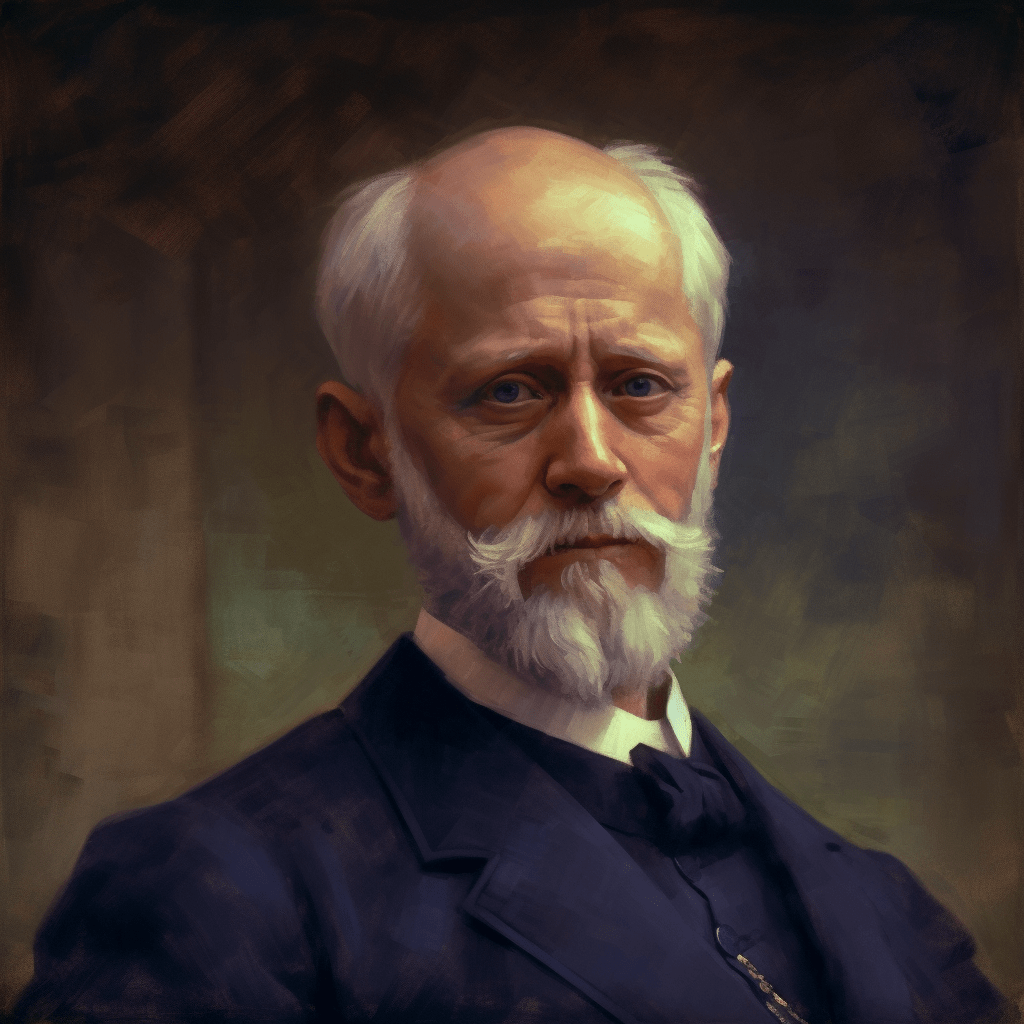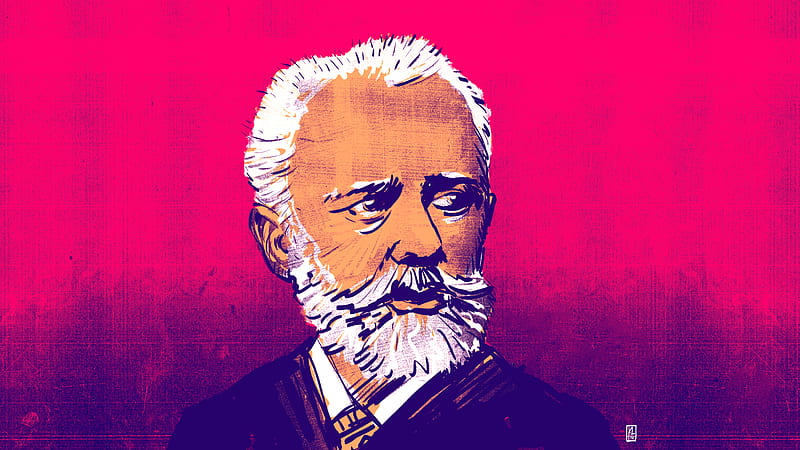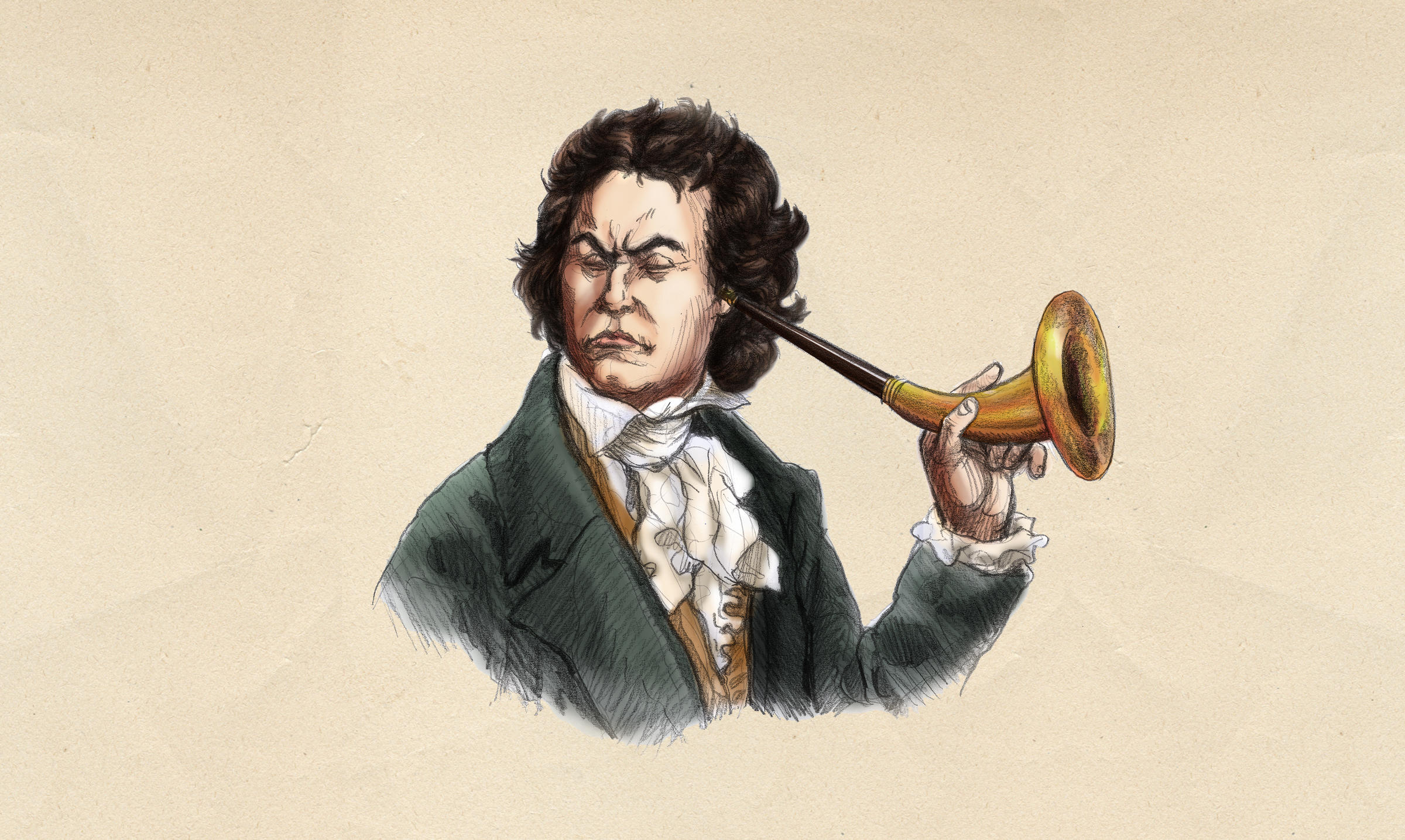
Tchaikovsky – The Sleeping Beauty
he Sleeping Beauty, one of the most celebrated ballets in the classical repertoire, is a masterpiece of both music and choreography. Composed by Pyotr Ilyich[…]

Tchaikovsky – Swan Lake
Few ballets have captivated audiences worldwide as profoundly as Swan Lake, the iconic masterpiece by Pyotr Ilyich Tchaikovsky. This timeless work, with its hauntingly beautiful[…]

Tchaikovsky – The Nutcracker
Among the most famous and beloved ballets in the world, The Nutcracker by Pyotr Ilyich Tchaikovsky has become a timeless holiday classic. Its enchanting melodies[…]

Tchaikovsky – 1812 Overture
The 1812 Overture, one of the most famous orchestral compositions in history, was composed by Pyotr Ilyich Tchaikovsky in 1880. Known for its powerful brass,[…]

Beethoven – Hammerklavier Piano Sonata
Ludwig van Beethoven’s Piano Sonata No. 29 in B-flat major, Op. 106, commonly known as the Hammerklavier Sonata, is one of the most monumental works[…]

Beethoven – Piano Concerto No. 4
Ludwig van Beethoven’s Piano Concerto No. 4 in G major, Op. 58 is one of the most revolutionary and beloved piano concertos in the classical[…]

Beethoven – ‘Pathétique’ Piano Sonata
Ludwig van Beethoven’s Piano Sonata No. 8 in C minor, Op. 13, commonly known as the Pathétique Sonata, is one of the most celebrated piano[…]

Beethoven – Emperor – Piano Concerto
Ludwig van Beethoven’s Piano Concerto No. 5 in E-flat major, Op. 73, commonly known as the Emperor Concerto, is one of the most celebrated piano[…]

Beethoven – Symphony No. 9
Ludwig van Beethoven’s Symphony No. 9 in D minor, Op. 125 is one of the most celebrated and influential compositions in the history of Western[…]

Beethoven – Piano Concerto No. 3
Ludwig van Beethoven’s Piano Concerto No. 3 in C minor, Op. 37 stands as one of his most powerful and dramatic early works. Composed between[…]